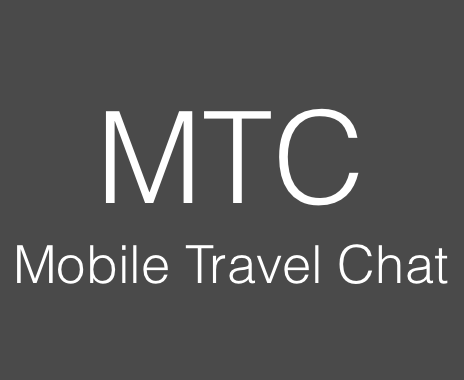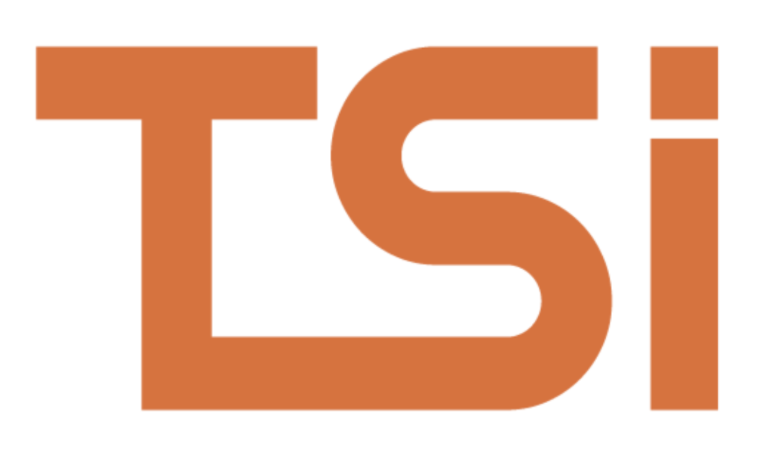
A new mobile travel application is infiltrating the consumer travel industry that we believe will change how travelers plan and ultimately purchase travel. We’ve coined this new travel application, “mobile travel chat” (MTC). Riding the waves of smartphone proliferation, data ubiquity, and the success of mobile chat apps, MTC is gaining steam fast and may ultimately drive traffic away from OTAs as MTCs are more personalized, customized, efficient and fun than using an OTA.
MTCs use in some capacity the following names and terms to describe themselves; Mobile Travel Concierge, Mobile Travel Agent, Artificial Travel Intelligence, Travel AI, Machine Learning, Chat, On-demand, Artificial Intelligence (AI) with a personal human touch, Natural Language Processing (NLP), Natural Language Search
MTCs operating in this space that we’ve either spoken to or researched are HYPER, Lola, ETA, HelloGbye, 30secondstofly, GoHeroGo, Pana and Scout Travel. There are also general mobile chat concierge applications being launched that may cater to travel including Facebook’s “M”, and chat companies offering travel solutions such as WeChat. Former high-profile travel industry veterans in on the MTC action, include; Paul English (Lola) former co-founder of Kayak and Jeffrey Katz (ETA) former founder of Orbitz.
How MTCs work:
MTC’s use the mobile phone and text chat to deliver the service to travelers. Most of the startups have their own mobile app that you download from Google Play or the Apple Store. Some MTCs operate off a designated phone # that you text into to start-up the service. ETA and Lola are both in stealth mode so we haven’t seen their full applications but we are guessing that they are very similar.
Instead of selecting arrival dates and departures dates, down drop down menus or entering dates on a calendar, travelers can query immediately via mobile text chat about specific travel needs. Need a flight, car, or hotel? Once you text in a detail about your upcoming travels the human travel agent or the artificial intelligence (AI/bot) on the other end takes over and quickly responds to your queries. It’s actually amazing how quick it works.
We’ve seen three versions of MTCs:
- An AI/bot that replies back with travel data/content based on your query
- A human travel agent
- A combination of AI + a human travel agent.
From what we have seen from the startups the majority are running a hybrid chat communication service. AI is running on the front and back-end and a human travel agent is filtering the query in the middle. The human travel agent comes into the process whenever needed to help close the transaction or if needed to help clarify the context of the query with the traveler on the other end. Because AI technology is still in its infancy, a human agent is still typically needed to ensure accuracy. As AI matures, human interaction may be needed less and less.
MTC is Fundamentally Different than an OTA:
The mobile travel chat application is fundamentally different than web based search applications you find on OTAs and hotels websites. Unlike selecting drop downs from a search box or widget, you free type text into a chat box. MTCs offer a much more natural and free flowing experience than the more structured and defined set of steps via an OTA. MTCs play into our evolving need to have what we want when we want it and in a more personalized experience. We believe the experience is very powerful and overtime as the technology matures, MTCs will move consumers away from OTAs.
Benefits of MTCs:
It’s personal and customized. We actually feel better after using the experience, like someone cares. Yes, maybe the service is pure AI/bot or a combination of both but the feeling and experience is at a much higher emotional experience than the traditional web based search function. Online travel has been trying to figure out how to create the ultimate personalized and customized experience for years. MTC may bring us closer to ultimately fulfilling that promise.
Why MTCs are better than booking on an OTA:
It’s just going to be better because it’s more personal. The startups are telling us that machine learning technology is running in the background. The AI/bot is learning our personal preferences on an individual basis as we use and interact, text with the app. The more we use it the more the AI/bot understands who we are and what we really want. Over time as we interact the AI/bot will ultimately deliver to us exactly what we want and we need it. That is the ultimate and holy grail for the travel industry.
Travel Agents Back in Play:
I’ve heard from a few people that MTC brings the travel agent back into play. I don’t have that same belief as I believe we are truly moving towards a more artificial or computerized world where the human touch will be totally automated. This is probably a few years away thus the need for these new mobile travel chat applications to have a hybrid combination of both computerized bot + the human travel agent touch. Part of me hopes we are wrong but I am not so sure.
These applications can extend the function of the travel agent and their ability to stay in touch with the customer pre-booking, while the customer is traveling, and post-booking. It can be used to close sales, to upsell, and to encourage loyalty. It could also be used by organizations such as DMAs to answer questions and assist travelers with inside knowledge of their destination.
The Revenue Model:
Startups are running on both subscription and commission based models. A few founders have told us that they have a few thousand subscribers paying any where from $10-$50 a month to have access to the service. Others are running free services and earning a commission on the back-end through transactions. The majority are running B2C but a few have the B2B markets in their scopes. There are also a few players providing mobile chat as a B2B service, also typically on a subscription model.
Challenges:
The major challenges that we see MTCs facing are accuracy and efficiency. AI and NLP technology is improving quickly, but human intervention is still often needed to handle complex queries with a high degree of accuracy. And as accuracy improves, MTCs will need to figure out how to make the search process as efficient as possible while reducing back-and-forth: Because in a free-text field a user can type anything they want, they are not necessarily prompted to enter the information necessary for a successful query.
For example, I might type something like “flight from New York to London on April 4” but the agent will need to know if I want a return flight, what class of service I want etc, whereas with the traditional search box interface I can be prompted to enter this information upfront.
For startups entering this space, they’ll need to do something radically different to differentiate themselves from major travel service providers who will inevitably be implementing chat technology too. And they’ll be competing with voice-controlled assistants such as Siri, Cortana and Echo who are also playing in this space, utilizing AI and NLP technology to enable more natural ways of executing a travel search through voice search.
Are you building an MTC?
We really like the MTC space and are looking to make multiple investments. If your startup is actively building in this new paradigm and looking for investment capital and advisory assistance please feel free to reach out to us.
